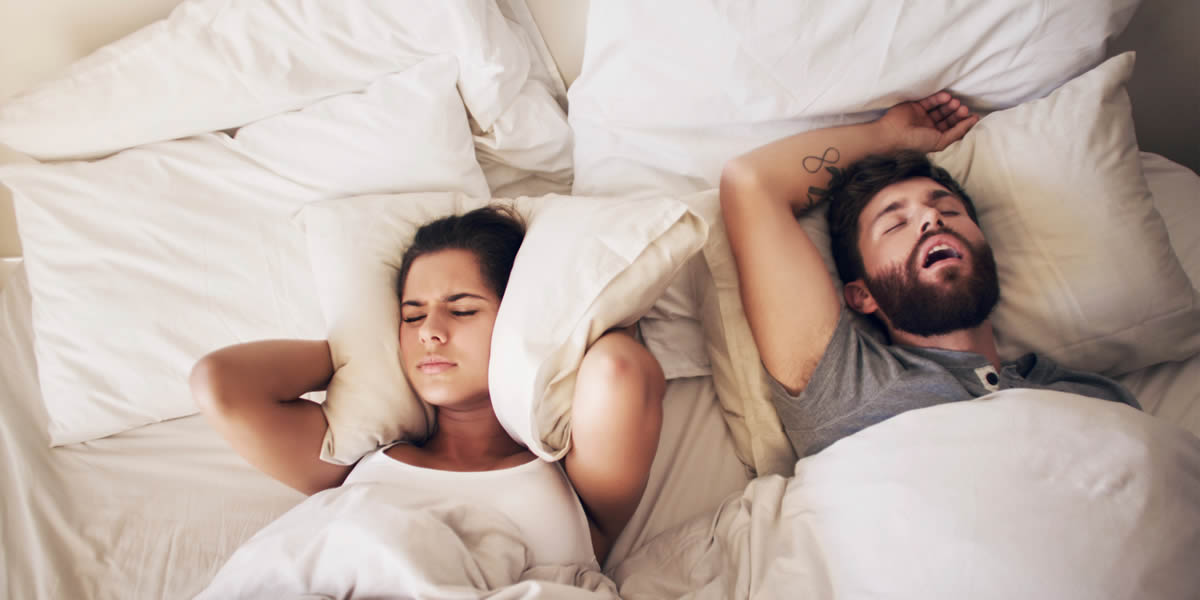Sleep Apnoea Treatment in Toowoomba
Have you been told by your sleep partner that you snore? Has your dentist let you know that you grind your teeth? Do you wake up unrefreshed or exhausted? If you answered yes to any of these questions, you may have sleep apnoea, a potentially serious sleep disorder in which a person’s breathing repeatedly stops and starts during slumber.
Some people require CPAP therapy. In those cases, we can refer you to a GP. Many of our patients can, however, get help for their disorder with an oral appliance.

What to Expect
We will give you an extensive questionnaire that asks about how you slumber and if you have symptoms such as neck pain. Dr Susan (Dentist) will also examine your mouth, looking at the tongue and airway, and for evidence of teeth grinding.
She may also recommend overnight screening to determine if an oral appliance is appropriate for your disorder. If you’ve already had a study done, we can get those results.
After Dr Susan reviews your results, she’ll let you know if you’re a suitable candidate for an oral appliance and the reasons why. She then can have a customised device made for you. This appliance is designed differently from a typical occlusal splint, which doesn’t help with snoring or slumber. The oral appliance we have made for you will allow you to breathe better at night.
Once you start wearing the device, we’ll also have you return to the practice to get retested. Doing so helps ensure your appliance keeps your sleep disorder under control.
Upper Airway Resistance
Some patients experience a similar yet somewhat different issue: upper airway resistance, a form of sleep disordered breathing, which can cause neck pain and headaches. We can also address this issue with the same device we use to treat sleep apnoea.
Book an Appointment
If you’re struggling to get the restorative rest you need, we want to help. Contact us to schedule an appointment with Dr Susan!
CONTACT US »
Any invasive or surgical procedure may carry risks. Before moving forward, it is recommended that you seek a second opinion from an appropriately licensed medical professional.

